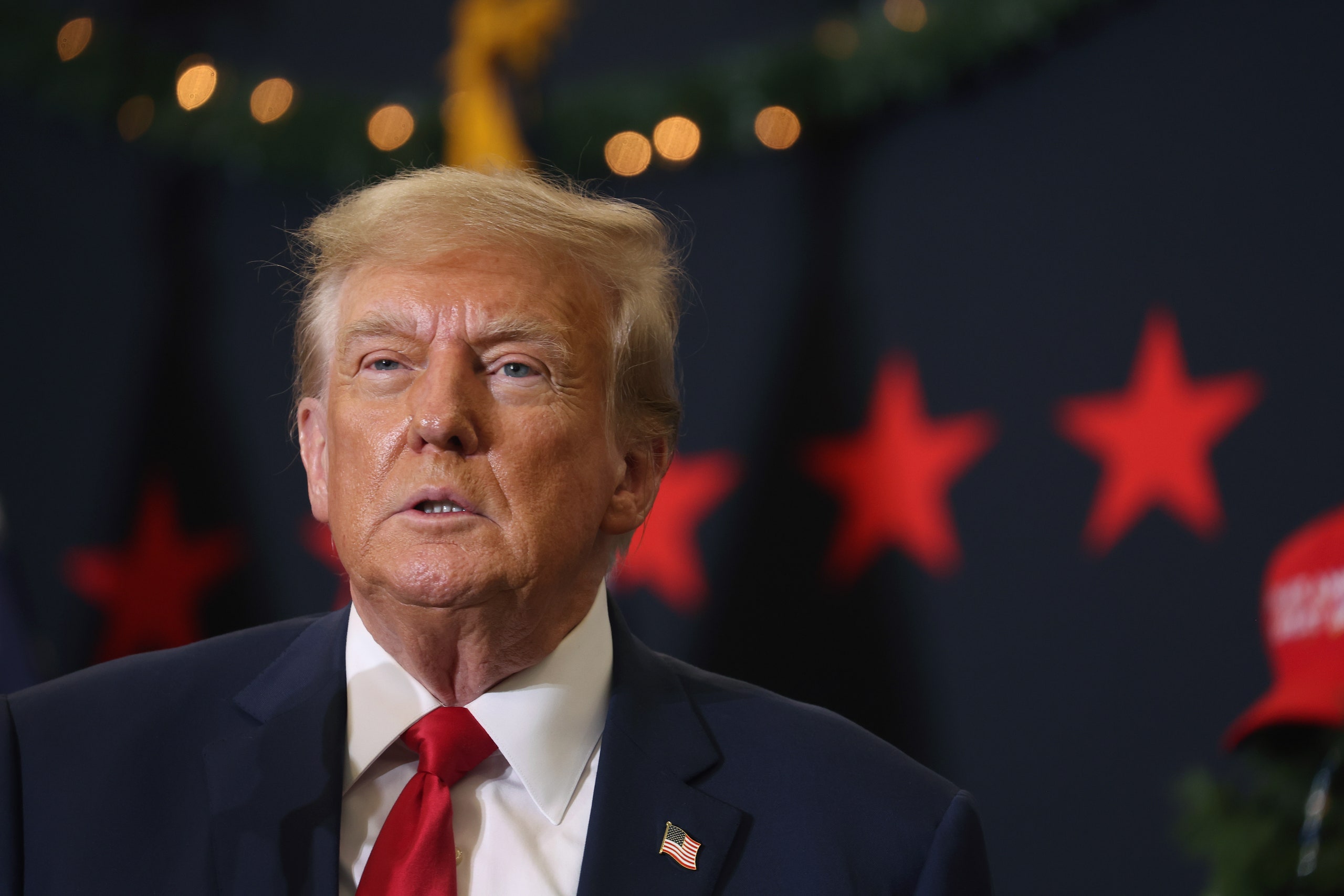Letitia James Poised to Seize Trump's Assets as Ex-President Admits Inability to Pay $464 Million Civil Fraud Judgment

Written by Bess Levin
Unless you've managed to avoid political news entirely, you're probably aware of Donald Trump's frequent boasting about his wealth. Over the years, Trump has made multiple statements about his wealth, from declaring "I'm very rich" in 2011, to announcing a total net worth of $8.73 billion during his 2015 White House campaign. Nevertheless, Trump's notorious tendency to exaggerate and distort the truth collided with reality this week.
This week, Trump's legal team declared to an appellate court that they've been unable to secure a bond for the former president to cover the $464 million judgement levied against him in a civil fraud case. This judgement, which also implicated the Trump Organization and his adult sons, was ironically the result of Trump overestimating his net worth. Trump's lawyers claim that, despite efforts, obtaining a bond to cover the full judgement amount is practically impossible. They state that they've reached out to roughly 30 surety companies via four different brokers, but companies willing to cover a judgement exceeding $464 million won't accept real estate as collateral and instead require cash or its equivalent. To further complicate matters, these companies typically require about 120% of the judgement amount in collateral, resulting in a necessary total of approximately $557 million.
Now, if Trump is truthfully as wealthy as he claims, and his businesses as effective as he has asserted, sourcing $557 million shouldn't pose a problem. However, Trump's actual wealth may not match his previous statements. Reports from last year indicate he is worth $2.6 billion — a significant amount, but not quite the numbers he's boasted, and certainly insufficient for producing over half a billion in cash. Gary Giulietti, who assisted the Trump Organization in reaching out to bond companies, stated in an affidavit attached to the filing that, although the Trump Organization's liquidity position is strong, it does not possess $1 billion in cash or cash equivalents.
Trump expressed his dissatisfaction with this situation via his Truth Social platform on Monday, arguing that Judge Engoron was attempting to strip away his right to appeal with the requirement to put up such an immense amount of money. He argued that he'd already won at the Appellate Division, and that the judge was neglecting to accept their decision. However, as Rolling Stones notes, security bonds for appeals are a standard practice in civil courts nationwide. These bonds ensure that the individual can cover the amount owed if they lose their appeal and prevent them from indefinitely evading penalties by delaying enforcement orders through an appeals process.
A whole appellate court panel will soon hear Trump's request for a stay of enforcement on the civil penalty after an emergency appeals judge rejected it. New York attorney general Letitia James previously granted Trump a 30-day grace period to provide the bond, threatening to begin seizing his assets on March 25 if he doesn't comply. She referenced the Trump-owned building at 40 Wall Street in her comments last February.
In other news, Jared Kushner, Trump's son-in-law, talked about his visions for "very valuable" waterfront property in Gaza and suggested Israel should evacuate civilians to "clean up" the area. He made these remarks during an interview at Harvard University on March 8. Kushner also criticized the funds funnelled into Gaza's tunnel network and munitions instead of education and innovation. Get in touch with Kushner if you're interested in a two-bedroom, two-bathroom deal.




